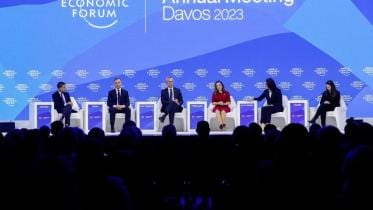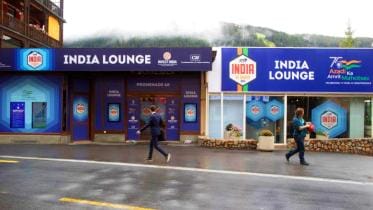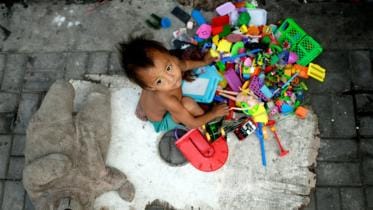Davos
The Age of Verbiage
One cannot deny the fact that there are too many overconfident experts making too many predictions about too many issues too quickly these days. A basic economic principle is useful here: the 24-hour news cycle has created a huge need for expert opinion, and the market has simply created the supply to meet the growing demand.
4 February 2023, 13:30 PM
The Next Globalisation
Developments in three areas – telework, renewables, and AI – will bind countries together in new networks of interdependence.
27 January 2023, 10:24 AM
Getting Deglobalisation Right
The World Economic Forum’s (WEF) first meeting in more than two years was markedly different from the many previous Davos conferences.
2 June 2022, 18:00 PM
India trumpets pro-business, foreign investment drive at Davos
Bright colours and bold logos proudly signal where India has set up base on the main street in Davos this year, as the country trumpets its pro-business and foreign investment drive.
26 May 2022, 11:40 AM
Richest 1% own more than the rest of us: Oxfam
The richest one percent of the world's population now own more than the rest of us combined, aid group Oxfam says, on the eve of the World Economic Forum (WEF) in Davos.
18 January 2016, 05:33 AM







